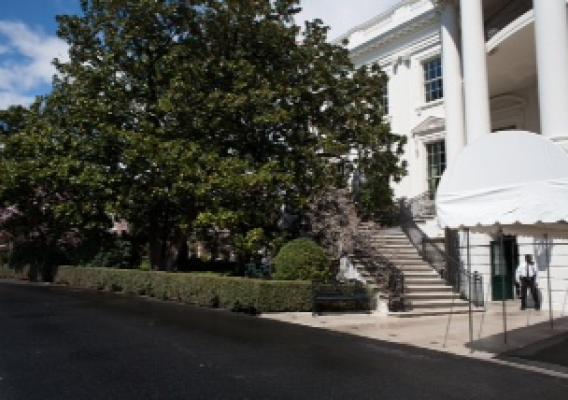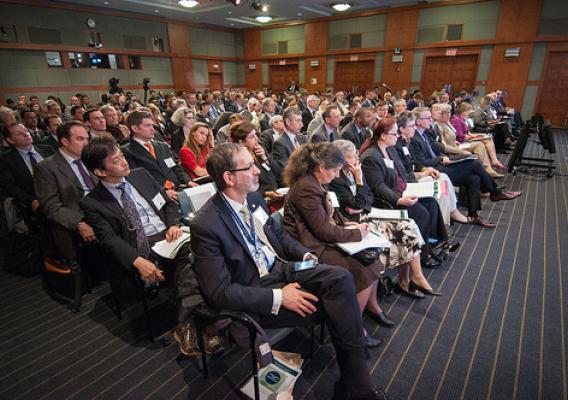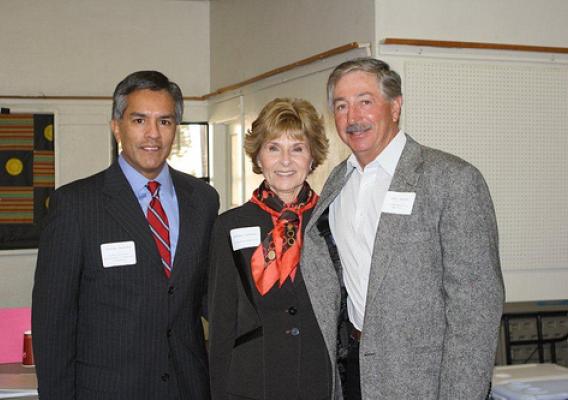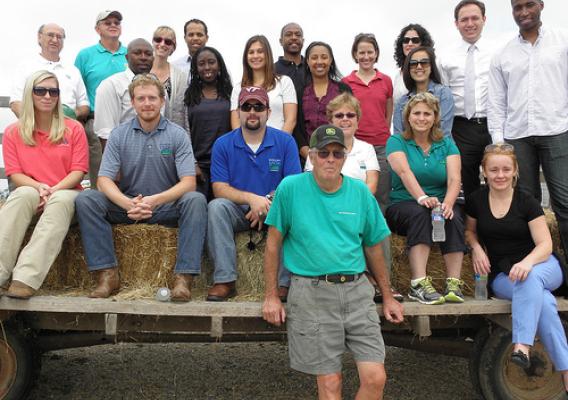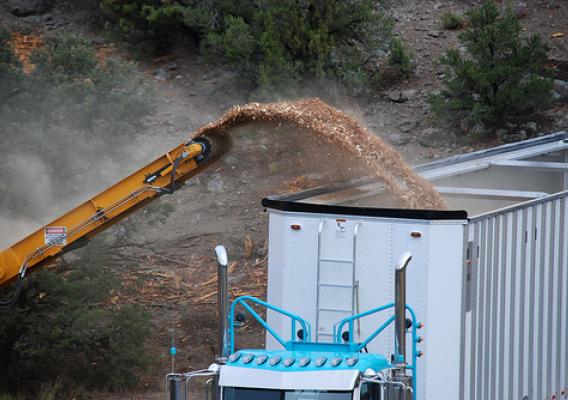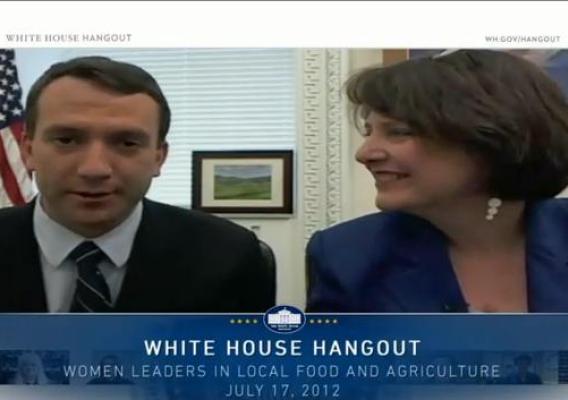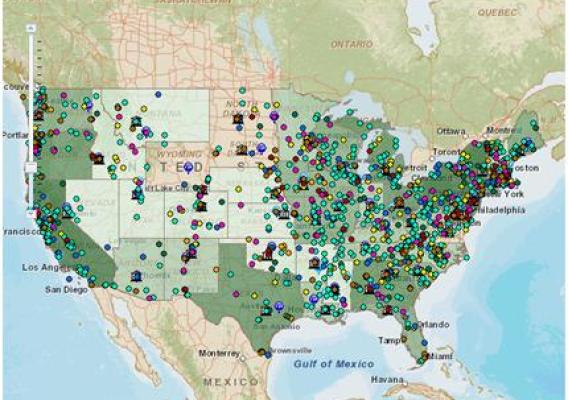Cross posted from the White House blog:
America’s national parks, forests, wildlife refuges, and other outdoor spaces are treasured for their beauty, their enjoyment, and for their value to our culture and history -- sometimes, it can be easy to overlook that they also serve as economic drivers for American communities. In sectors ranging from tourism to outdoor recreation and energy development, our nation’s public lands and waters are creating jobs and supporting local economies across the country.
Today, the U.S. Department of Agriculture (USDA) released an annual visitor survey, which highlights how our nation’s forests are contributing billions of dollars to the economy and creating jobs in tourism, restoration, and renewable energy. The report showed that USDA Forest Service lands attracted 166 million visitors in 2011, and, as a result, visitor spending in nearby communities sustained more than 200,000 full- and part-time jobs. The survey also reveals that these jobs produced labor income of more than $7.6 billion, while forest and grassland visitor spending contributed more than $13 billion to the gross domestic product.

